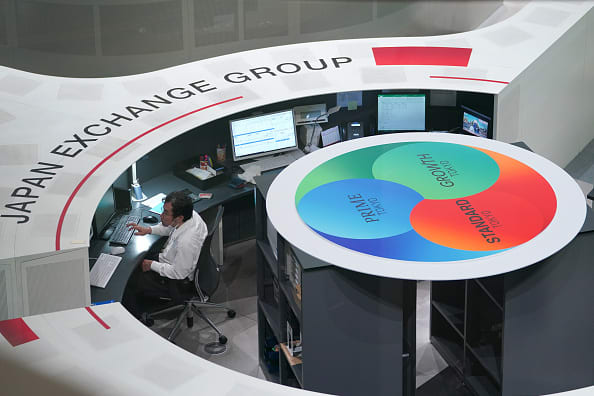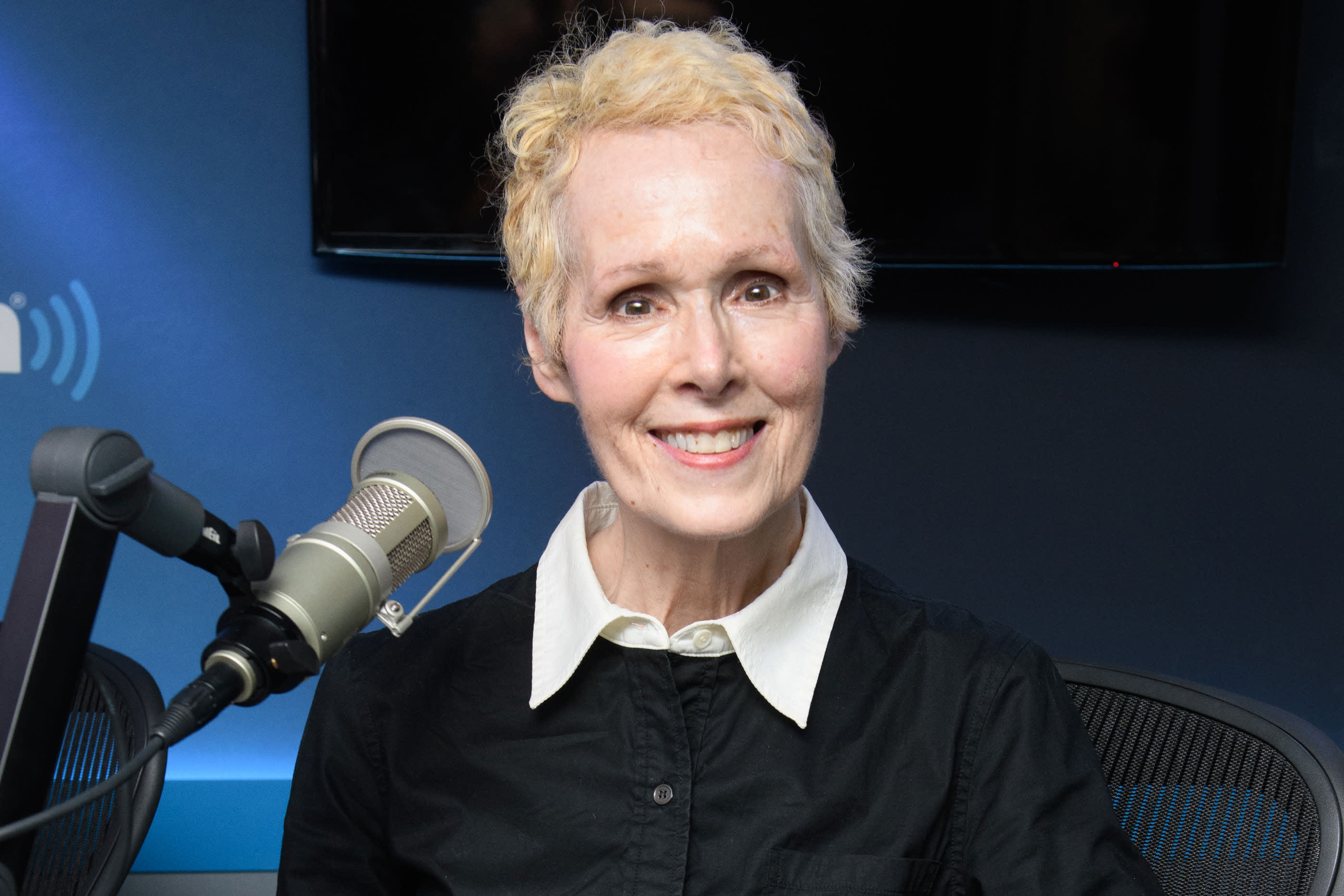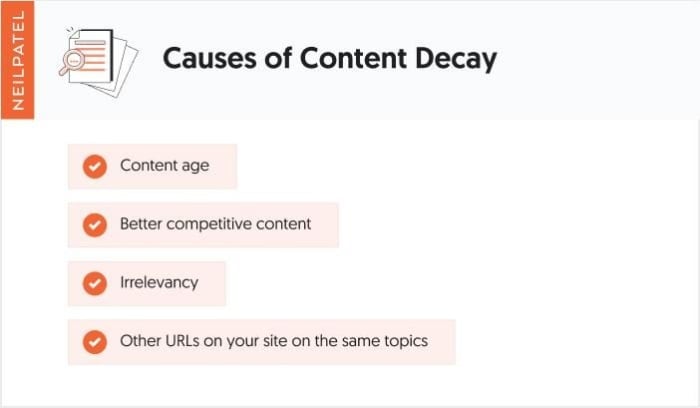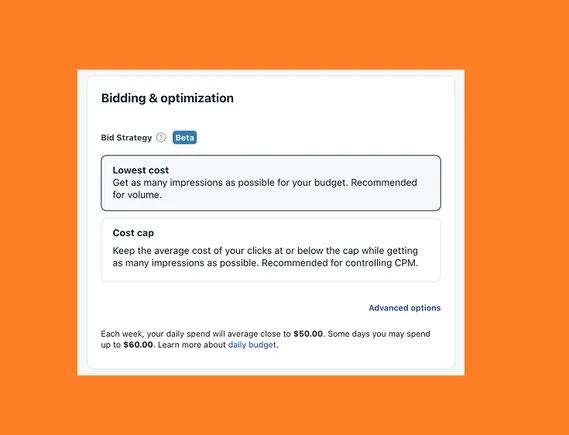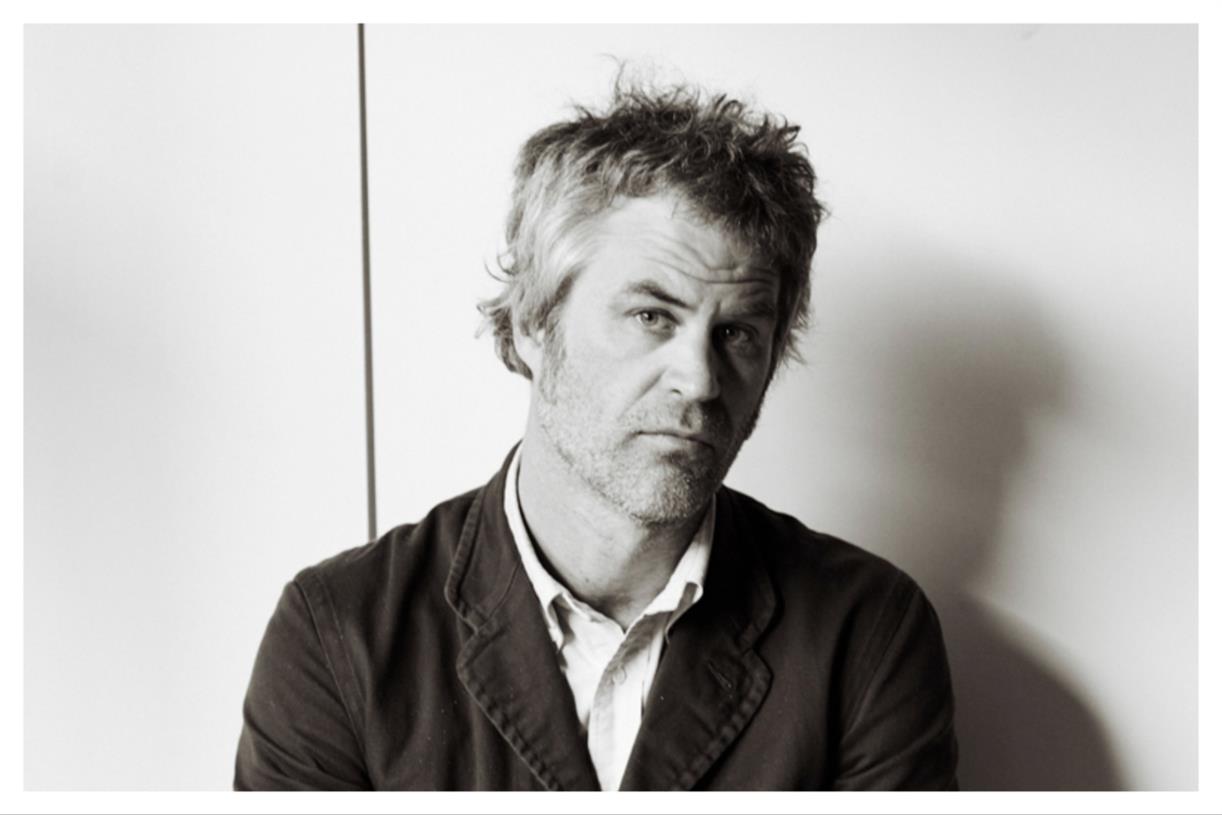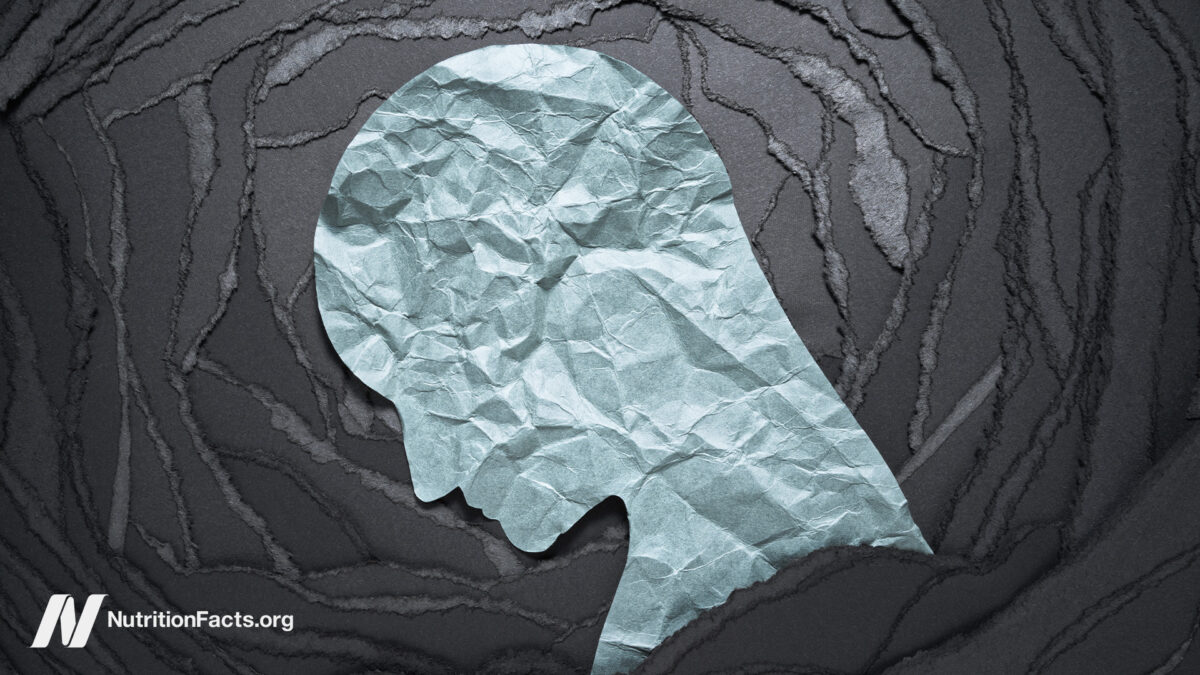Euro zone inflation drops to two-year low in October; economy shrinks in third quarter
Inflation across the euro zone dropped to a two-year low of 2.9% in October, according to preliminary data released Tuesday.

People look at the banking district skyline with the Commerzbank building (2ndR) during sunset in Frankfurt am Main, western Germany, on September 25, 2023. (Photo by Kirill KUDRYAVTSEV / AFP) (Photo by KIRILL KUDRYAVTSEV/AFP via Getty Images)
Kirill Kudryavtsev | Afp | Getty Images
Inflation across the euro zone dropped to a two-year low of 2.9% in October, according to preliminary data released Tuesday, down from 4.3% the previous month and below a consensus estimate of 3.1% from a Reuters poll of economists.
Core inflation — which excludes volatile food and energy prices — dropped to 4.2% year-on-year in October from 4.5% in September, according to European Union statistics agency Eurostat.
"Looking at the main components of euro area inflation, food, alcohol & tobacco is expected to have the highest annual rate in October (7.5%, compared with 8.8% in September), followed by services (4.6%, compared with 4.7% in September), non-energy industrial goods (3.5%, compared with 4.1% in September) and energy (-11.1%, compared with -4.6% in September)," Eurostat said.
The agency also revealed Tuesday that the euro zone economy contracted by 0.1% in the third quarter, according to flash estimates, below consensus estimates for GDP to be unchanged from the previous quarter.
The ECB expects the euro zone economy to grow by just 0.7% this year, by 1% in 2024 and 1.5% in 2025.
Europe's largest economy, Germany, recorded a 0.1% quarterly fall in GDP for the third quarter, slightly better than the 0.3% decline forecast in a Reuters poll of economists. The economy shrank 0.8% on a price-adjusted basis from the same period last year.
Both the growth and inflation pictures remain highly divergent across the 20-country common currency bloc. Latvia recorded the highest quarterly growth in the third quarter at 0.6%, followed by Belgium and Spain at 0.5% and 0.3%, respectively. Ireland posted the highest quarterly decline at 1.8%, followed by Austria at 0.6%.
The euro zone has been grappling with high inflation for the past 18 months, with the consumer price index peaking at 10.6% in October 2022.
The European Central Bank responded with a run of 10 consecutive interest rate hikes that took its key rate to a record high of 4%, before opting to pause last week despite upside risks to energy costs as a result of the unfolding Israel-Hamas war.
The ECB Governing Council reiterated that inflation is still expected to stay "too high for too long," as domestic price pressures remain strong, but took heart from the slowdown in consumer price increases thus far.
"The deceleration is strong and supported by various factors such as advantageous base effects, slowing wages, muted inflationary pressures and tame inflation expectations for next year," Mathieu Savary, chief European strategist at BCA Research, said in an email Tuesday.
"While it will make the ECB comfortable, it is still too early to bet on an imminent rate cut."
Mark Wall, chief European economist at Deutsche Bank Research, said that the ECB would hold the better-than-expected inflation figure of Tuesday "at arm's length."
"Core inflation remains above 4%, twice the target level of inflation. The ECB needs to see wage inflation slowing and this could take a further six months," he added.

 BigThink
BigThink 







